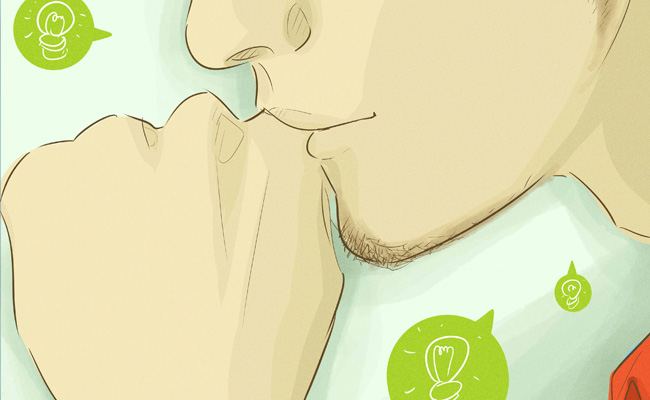depression, others
Depression – Your choice. Chose wisely.
What is depression?
Depression is been considered as a state of mind that causes a patient to feel sad, lose interest in activities, withdraw from friends and family, and have low energy levels and lethargy. It has been distinguished from the similar normal human feeling when a person is sad or he is in grief. It had been associated with disorders of feeling of hopelessness and inculcating suicidal thoughts. In our society, depression has always considered as a mental disorder and has been looked upon to bring embarrassment and shame to the patient and their family. Such thinking usually hinders the treatment. People need to understand the fact that depression is a common illness and may affect anyone irrespective of age, gender, ethnic group and profession. Also people need to understand that it is not a communicable disease. Having a patient of depression in family does not mean that others will also have the same disorder.
What causes depression?
The illness termed as ‘Depression’ has been associated medically with the altered levels of neurotransmitters in the cerebral structures of brain. These are not a resultant of any personal weakness or a flaw in the character. Many expert testimonies have deemed the causal concoction of depression as a combination of family history, the genetic factors and stressful life events. Instances have occurred where patients have received depression even when there has been no reason to think of.
- Genes: The probability of susceptibility to depression is greater in cases where this disorder has persisted in the family lineage. There are chances that the patient may have inherited the genes that affect the neurotransmitter levels, resulting in depressions.
- Thinking styles: The thinking pattern of a person reflects the behavioral changes. Associations have been found that depression can occur if:
- Extreme range thinking of outcome of events.
- Deliberate focus and thinking on self weaknesses and ignoring the individual’s own strengths.
- Over analyzing and self proclamations about things and events that don’t exist
- Pessimistic approach and Paying attention to the dark side of things events or occurrences
- Over exaggeration of chances of a bad outcome.
- Life events: life is a series of events where every individual experiences a wide spectrum of emotional and sentimental affairs ranging in favorable and unfavorable outcomes. Certain life events can trigger depression in case a personal is emotionally impaired. These events usually come with a mental stress may it be a happy or a sad situation. These may include:
- Demise in the family or Loss a loved one, child, friend
- Having a long-term health problem or ailment, or even diagnosed with an unexpected ailment.
- Unfavorable life events like recently divorced, loss of job etc
- Sometimes even favorable and happy life events, such as a marriage or promotion, can trigger depression because of the stress that comes with change.
- Been diagnosed with a long-term disease such as diabetes or heart disease.
- Health Impairment Associations: one common association of depression to occur in any individual is health status. Health problems also can cause depression. Anemia and hypothyroidism can lead to depression. The treatment of these primary health ailments has been seen to alleviate depression. Certain medicines such as steroids or narcotics can cause depression. Depression has been also linked with drug or alcohol use, and pregnancy.
What are the symptoms?
Initially, the symptoms of depression may be hard to notice. Generally they are confused with the normal low mood mode feelings or the resultant of other health problems. Clinically a person is in a state of depression if he/she has a feeling of sadness or hopelessness for nearly every day for at least 2 weeks. The patient tends to show lack of interest in the daily activities, withdraw from friends and family, and have low energy levels and lethargy. In serious cases, patient may have feelings of hopelessness and can have suicidal thoughts. The most common signs and symptoms displayed by patients of depression include
- Lose or gain weight. The patient may also feel like eating more (binge eating) or less (starvation) than usual almost every day.
- Sleeping too much or not enough almost every day.
- Feel restless and not be able to sit still, or may sit quietly and feel that moving takes great effort. Others can easily see this behavior.
- Feel tired or as if you have no energy almost every day.
- Feel unworthy or guilty nearly every day. Patient may have low self-esteem and worry that people don’t like you.
- Find it hard to focus, remember things, or make decisions nearly every day. You may feel anxious or worried about things.
It’s possible to have periods of both energy and elation (mania) and depression. This may be bipolar disorder. If this happens to you, tell your doctor. The treatments for depression and bipolar disorder are different.




